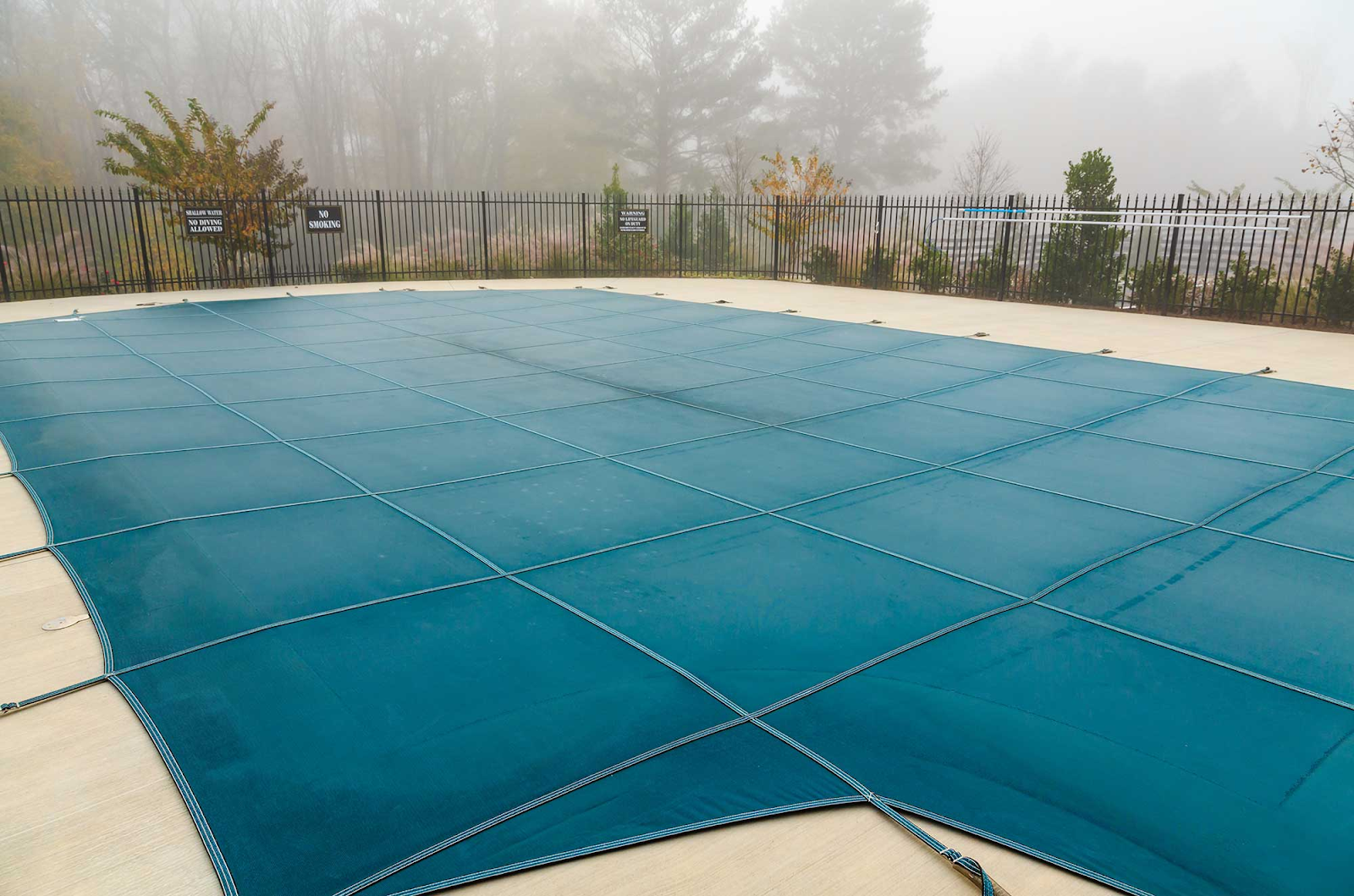Lifestyle
The Importance of Pool Covers: Benefits and Types

Pool covers play a crucial role in maintaining and protecting swimming pools. They offer several benefits, ranging from safety and energy efficiency to debris prevention and water conservation. There are various types of pool covers available, each serving specific purposes. Let’s explore the importance of pool covers and discuss their benefits and types.
Benefits of Pool Covers
- Safety: One of the primary reasons to invest in a pool cover is safety, especially if you have children or pets. Pool covers act as a barrier, preventing accidental falls into the pool and reducing the risk of drowning.
- Energy Efficiency: Pool covers help to conserve energy by reducing heat loss and evaporation. They act as insulation, minimizing heat transfer between the pool water and the surrounding environment. This can significantly reduce the need for heating the pool, resulting in lower energy bills.
- Water Conservation: By covering the pool, you can prevent water evaporation, which is a significant issue, particularly in warmer climates. This helps conserve water resources and reduces the need for frequent refilling, ultimately saving money on water bills.
- Reduced Chemical Usage: Pool covers help to minimize the exposure of pool water to sunlight, which can lead to the breakdown of chlorine and other chemicals. By reducing the rate of evaporation, covers can lower the need for chemical additions, resulting in cost savings and improved water quality.
- Debris Prevention: Pool covers act as a shield, keeping leaves, insects, dust, and other debris out of the pool. This saves you time and effort spent on cleaning and maintaining the pool, ensuring that the water remains clean and inviting.
Types of Pool Covers
- Solid Covers: These covers are typically made of vinyl or other durable materials and completely block sunlight and debris from entering the pool. Solid covers are usually secured with anchors or springs and provide excellent safety, energy efficiency, and debris prevention.
- Mesh Covers: Mesh covers are made of a woven fabric that allows water to pass through while blocking larger debris such as leaves and twigs. They provide safety and debris prevention, but some sunlight can penetrate, which can lead to some evaporation and potential algae growth. However, they are typically more affordable compared to solid covers.
- Automatic Covers: These covers are motorized and can be opened or closed with the push of a button. They are usually made of solid materials and offer convenience, safety, and energy efficiency. Automatic covers are popular for their ease of use and can be operated remotely.
- Solar Covers: Also known as solar blankets or solar rings, these covers are designed to absorb and retain heat from sunlight. They help to raise the water temperature and reduce heat loss at night. Solar covers are typically made of lightweight and UV-resistant materials and are primarily used for energy efficiency.
- Safety Covers: Specifically designed for safety, these covers are sturdy and can support the weight of a person. They are anchored to the pool deck and provide a strong barrier, preventing accidental falls into the pool.
It’s important to consider your specific needs, budget, and local regulations when choosing a pool cover. Consulting with pool professionals or suppliers can help you select the right type of cover that best suits your requirements.
Overall, investing in a pool cover offers numerous benefits, including safety, energy efficiency, water conservation, and debris prevention. By selecting the appropriate cover type and using it consistently, you can enjoy a safer, cleaner, and more cost-effective swimming pool experience.
-
Blog1 year ago
MyCSULB: Login to CSULB Student and Employee Portal – MyCSULB 2023
-
Android App3 years ago
Cqatest App What is It
-
Android1 year ago
What Is content://com.android.browser.home/ All About in 2023? Set Up content com android browser home
-
Software2 years ago
A Guide For Better Cybersecurity & Data Protection For Your Devices
-
Latest News2 years ago
Soap2day Similar Sites And Alternatives To Watch Free Movies
-
Android2 years ago
What is OMACP And How To Remove It? Easy Guide OMACP 2022
-
Android3 years ago
What is org.codeaurora.snapcam?
-
Business2 years ago
Know Your Business (KYB) Process – Critical Component For Partnerships





















